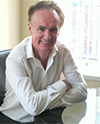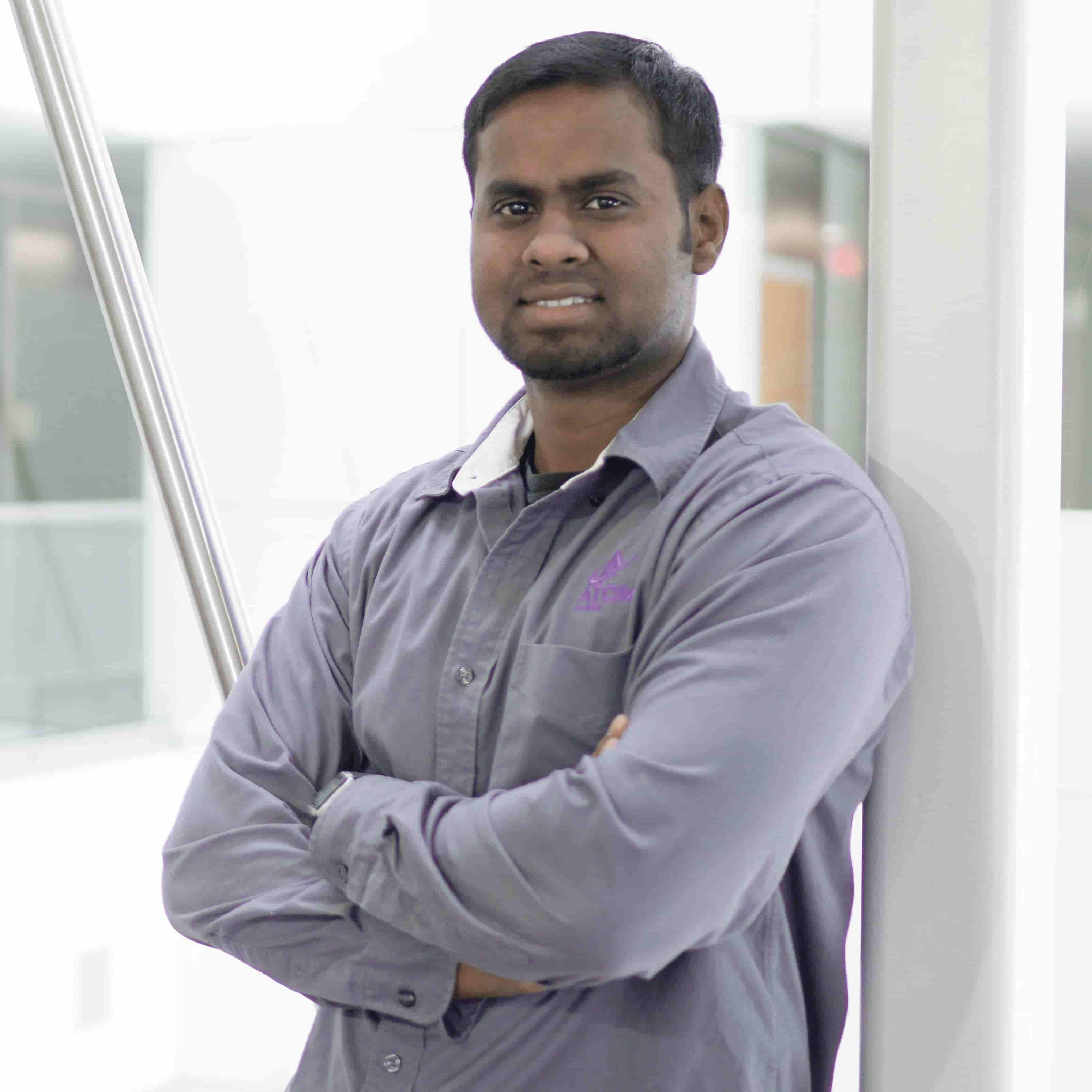SEND – Pointing the Way to an Integrated Smart Energy Network
By Ian Madley, David Healey, Zhong Fan
Keele University in the UK is developing the Smart Energy Network Demonstrator (SEND) as a demonstrator facility for smart energy research, development and innovation (RD&I). SEND will enable businesses to develop, test and evaluate new energy technologies and services, in an actual laboratory setting. This program will collaborate with local companies and universities on joint RD&I, to underpin the commercialisation of new products and services for global smart energy markets. Through SEND the University is committed to a target of reducing the campus carbon footprint by 30% (4,096 tonnes of CO2e) by 2021.
The industrial strategy of the UK Government identifies “affordable energy and clean growth” as one of the key pillars of its development. The smart energy management technologies could account for $220bn in revenue, and by encouraging smart energy solutions, the UK has the opportunity to capture a sizeable share of the European and global market.
In recent years the UK Government has incentivised the power utility sector to implement innovative projects in order to develop and identify new technologies and operational methodologies that can accelerate the transition to a Smart Energy system. This has resulted in considerable progress in the understanding and the capabilities of the power utilities to implement early stage solutions. As the power distribution utilities must, of course, prioritise their business as usual service and network security responsibilities, there is a limit as to the extent that large scale fully integrated system trials can be deployed on operational customer networks.
Therefore, in order to address this requirement, Keele University is developing SEND as a demonstrator facility for smart energy RD&I. SEND will enable businesses to develop, test and evaluate new energy technologies and services, in an actual laboratory setting. It is a 5-year, 15 million pounds project jointly funded by the ERDF (European Regional Development Fund), the UK government, and Keele University.
Why is Keele University the ideal location for an energy systems demonstrator
Set in the grounds of the Snyed Family Estate, Keele University owns and operates all of the utilities on the campus thus creating a single owner/operator environment across power, gas, heat, telecoms, water and drainage. The campus operates at the scale of a small town with 5,000 residents and more than 12,000 staff and students on campus per day. Annual energy demand across the campus is circa 63GWh.
The SEND project will be the first of its scale smart energy network demonstrator in Europe and aims to:
- exploit the University’s unique infrastructure and site attributes, so as to facilitate the development and testing of renewable and smart energy technologies,
- leverage the expertise of Keele University and its wider UK university network to collaborate with businesses, so as to gain local, national and international competitive advantage in renewable and smart energy technologies.
- attract investment into the region, building on key competitive advantages in the area with regards to energy RD&I and commercialisation.
Delivering the vision
The SEND project is developed so as to enable a plug and play actual laboratory environment across seven key areas:
- Information collection, management and control, in order to assess energy usage, energy supply and usage data, and inputs for system modelling.
- Demand side management, through the integration of smart meter and home network, and appliance level load control.
- Integrated metering infrastructure and heat load analysis for electricity, gas, heat supply and usage for whole system modelling.
- Integrated energy systems control to enable renewable energy and storage system balancing across the whole system.
- Micro-grids and distributed energy resources (DER) management, through enabling the scheduling/dispatching of renewable DER to balance micro-grid operation.
- Unlocking low carbon transport potential, through the deployment of charging, storage and vehicle-to-grid capabilities.
- Introduce self-healing network characteristics by ensuring that the energy network can overcome congestion & reduce/delay upgrade investment.
To support these research objectives over the next 5 years the University will support 26 PhD students who will work directly with local SMEs (small and medium-sized enterprises) to support cutting edge technology businesses over an intensive 3-year period of collaborative RD&I to underpin the commercialisation of new products and services for global smart energy markets. Alongside the research programme, the University is committed to reducing the campus carbon footprint by 30% (4,096 tonnes CO2e) by 2021 through the deployment of more than 5MW of onsite renewable generation that will provide the core energy source for micro-grid and islanded operation research projects.
Contributors

Ian Madley is Head of Partnership Development (Natural Sciences) at Keele University. For more than 20 years, he was a commercial manager, consultant, and director in the pharmaceutical and medical research sectors. Since 2012, he has concentrated on research and teaching opportunities in the energy systems area and has raised more than £38m for research and training in this area. Between 2013 and 2015, he contributed to the development of the Universal Smart Energy Framework, an EU-backed approach to management of electrical demand in distribution systems. Ian has a PhD from Leeds University.

David Healey accepted an invitation to take up the position of Professor in Practice at Keele University, UK in 2017, regarding their groundbreaking Smart Energy Network Demonstrator (SEND) project. SEND is Europe’s first at scale, fully integrated Smart Energy project, offering a living laboratory to provide testing and research capabilities across the energy supply value chain. For over 25 years, David has held influential “Strategic and Thought Leadership” positions in public and private sectors across the energy utility, telecommunications and climate change industries. David presently heads the Smart Energy and City practice at the international consultancy group Analysys Mason. In November 2014, he was invited to the position of industry expert at the United Nations Economic Commission for Europe (UNECE) developing UN strategy on Sustainable Energy in order to realise the international agreements on Climate Change.

Zhong Fan is a professor and academic director of SEND (Smart Energy Network Demonstrator) at Keele University, UK, where he is leading R&D of a 15M pounds project that aims to build one of Europe's largest live smart energy demonstrator on Keele campus. Before Joining Keele, he was a Chief Research Fellow with Toshiba Research Europe in Bristol, UK. In his early career, he worked as a Research Fellow at Cambridge University, a Lecturer at Birmingham University and a Researcher at Marconi Labs Cambridge. He was also awarded a BT Short-Term Fellowship to work at BT Labs. His research interests are IoT, smart energy, wireless networks, and data analytics.
To have the Bulletin delivered monthly to your inbox, join the IEEE Smart Grid Community.
Past Issues
To view archived articles, and issues, which deliver rich insight into the forces shaping the future of the smart grid. Older Bulletins (formerly eNewsletter) can be found here. To download full issues, visit the publications section of the IEEE Smart Grid Resource Center.




